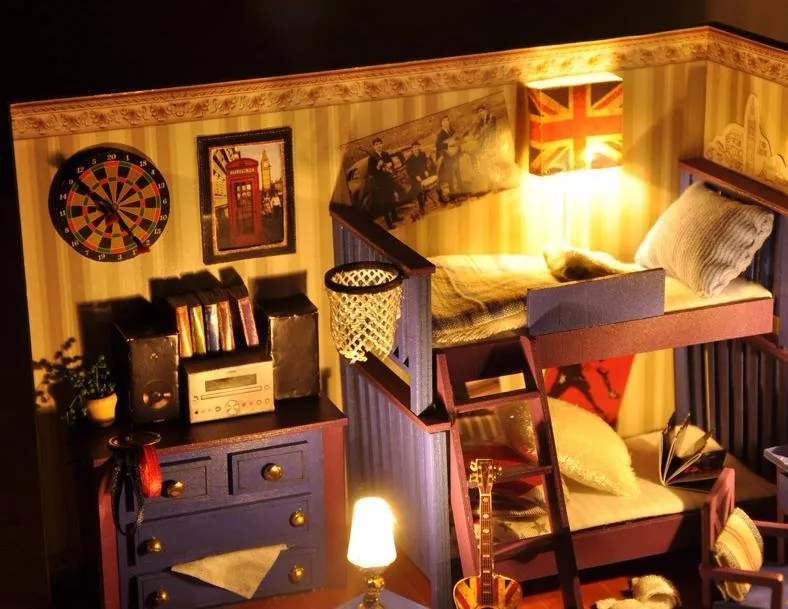

By 1916 its female students had increased to 375 many other Catholic institutions began adopting similar approaches in their enrollments during the 1910s and 1920s. Initially an all-male institution, Marquette University became the first coed Catholic university in the world, when it admitted its first female students in 1909. In 1908, Marquette opened an engineering college and purchased two law schools, which would ultimately become the foundation of its current law program. Marquette University High School, formerly the preparatory department of the university, became a separate institution the same year.

Johnston Hall, which now houses the university's College of Communication, was the first building erected on the new campus grounds. Marquette College officially became a university in 1907, after it became affiliated with a local medical school and moved to its present location. By 1906, Marquette had awarded 186 students the Bachelor of Arts, 38 the Master of Arts, and one student Bachelor of Science. Between 18, the college employed one full-time lay professor, with many classes being taught by master's students. The first five graduates of Marquette College received their Bachelor of Arts degrees in 1887. The highest priority of the newly established college was to provide an affordable Catholic education to the area's emerging German immigrant population. The university was named after 17th-century missionary and explorer Father Jacques Marquette. Marquette University was founded 142 years ago on August 28, 1881, as Marquette College by John Martin Henni, the first Catholic bishop of the Archdiocese of Milwaukee, with the assistance of funding from Belgian businessman Guillaume Joseph DeBuey. The university's namesake Marquette College Senators, two Pulitzer Prize winners, two Academy Award winners, Tony Award winners, and two Emmy Award winners. Īmong its current and past faculty and alumni, the university counts at least 43 Fulbright Scholars, six Truman Scholars, six state governors, three U.S. The university's varsity athletic teams, known as the Golden Eagles, are members of the Big East Conference and compete in the NCAA's Division I in all sports. While most students are pursuing undergraduate degrees, the university has over 68 doctoral and master's degree programs, a law school, a dental school (only one in the state), and 22 graduate certificate programs. The university also administers classes in suburbs around the Milwaukee area and in Washington, DC.

Marquette is organized into 11 schools and colleges at its main Milwaukee campus, offering programs in the liberal arts, business, communication, education, engineering, law and various health sciences disciplines.

Marquette is one of the largest Jesuit universities in the United States, and the largest private university in Wisconsin. It is classified among "R2: Doctoral Universities – High research activity". The university is accredited by the Higher Learning Commission and currently has a student body of about 12,000. Marquette is part of the Association of Jesuit Colleges and Universities. Initially an all-male institution, Marquette became the first coeducational Catholic university in the world in 1909 when it began admitting its first female students. The university was named after 17th-century missionary and explorer Father Jacques Marquette, SJ, with the intention to provide an affordable Catholic education to the area's emerging German immigrant population. Established by the Society of Jesus as Marquette College on August 28, 1881, it was founded by John Martin Henni, the first Bishop of the diocese of Milwaukee, Wisconsin. Marquette University ( / m ɑːr ˈ k ɛ t/) is a private Jesuit research university in Milwaukee, Wisconsin.


 0 kommentar(er)
0 kommentar(er)
